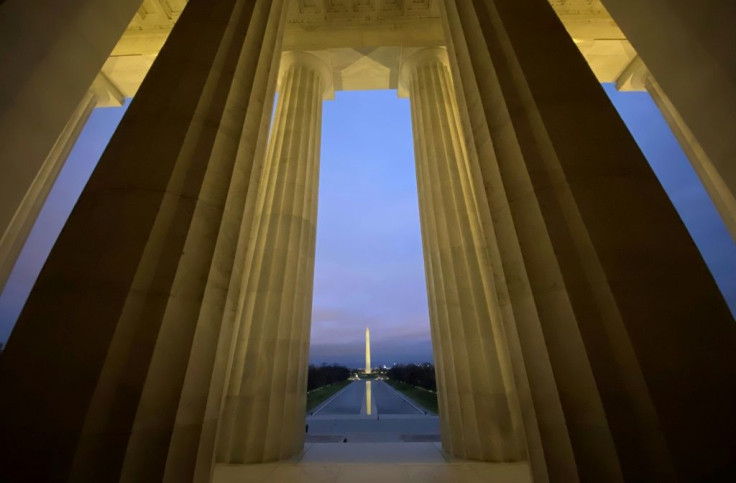What's Worse, Letting Coronavirus Spread Unabated Or Pausing Economy? Economists Say Pandemic More Damaging

KEY POINTS
- Researchers say intervention to stop virus' spread sets economy to roar back stronger
- Unabated spread of the 1918 flu caused more severe damage than temporarily interrupting business as usual
- Trump wants people back to work by Easter Sunday
Researchers at the Federal Reserve and the Massachusetts Institute of Technology warned Thursday the U.S. economy will be better served by taking drastic action to stem the coronavirus pandemic than by trying to rev the economy back up before spread of COVID-19 has been contained.
Economist Sergio Correia, a member of the Federal Reserve’s Board of Governors, New York Fed researcher Stephen Luck and Emil Verner, an associate professor of finance at the MIT Sloan School of Management, issued a white paper examining the consequences of a pandemic.
“We find that cities that intervened earlier and more aggressively do not perform worse and, if anything, grow faster after the pandemic is over,” the authors said. “Our findings thus indicate that NPIs [nonpharmaceutical interventions] not only lower mortality, they also mitigate the adverse economic consequences of a pandemic.”
The authors looked at the 1918-19 influenza pandemic, which killed about 50 million people worldwide after infecting a third of the world’s population. In the U.S. 675,000 died. Models indicate allowing coronavirus is even more infectious and if allowed to spread unabated, could kill 200,000 to 1.7 million people in a year.
So far, coronavirus has infected at least 69,700 Americans, killing more than 1,000.
Correia, Luck and Verner said they found the areas most severely affected by the 1918 flu saw “a sharp and persistent decline in real economic activity.”
“Second, we find that early and extensive NPIs have no adverse effect on local economic outcomes. On the contrary, cities that intervened earlier and more aggressively experience a relative increase in real economic activity after the pandemic,” they said.
The authors said early interventions “do not worsen the economic downturn. … Reacting 10 days earlier to the arrival of the pandemic in a given city increases manufacturing employment by around 5% in the post period. Likewise, implementing NPIs for an additional 50 days increases manufacturing employment by 6.5% after the pandemic.”
President Trump has been pushing to lift the guidelines issued March 16 with an eye toward having the economy fully functioning by Easter Sunday despite indications the virus has not finished surging.
Dr. Anthony Fauci, director of the National Institute of Allergy and Infectious Diseases, told CNN we cannot impose a timeline on the virus.
“You’ve got to be realistic, and you’ve got to understand that you don’t make the timeline; the virus makes the timeline,” Fauci replied.
© Copyright IBTimes 2024. All rights reserved.






















